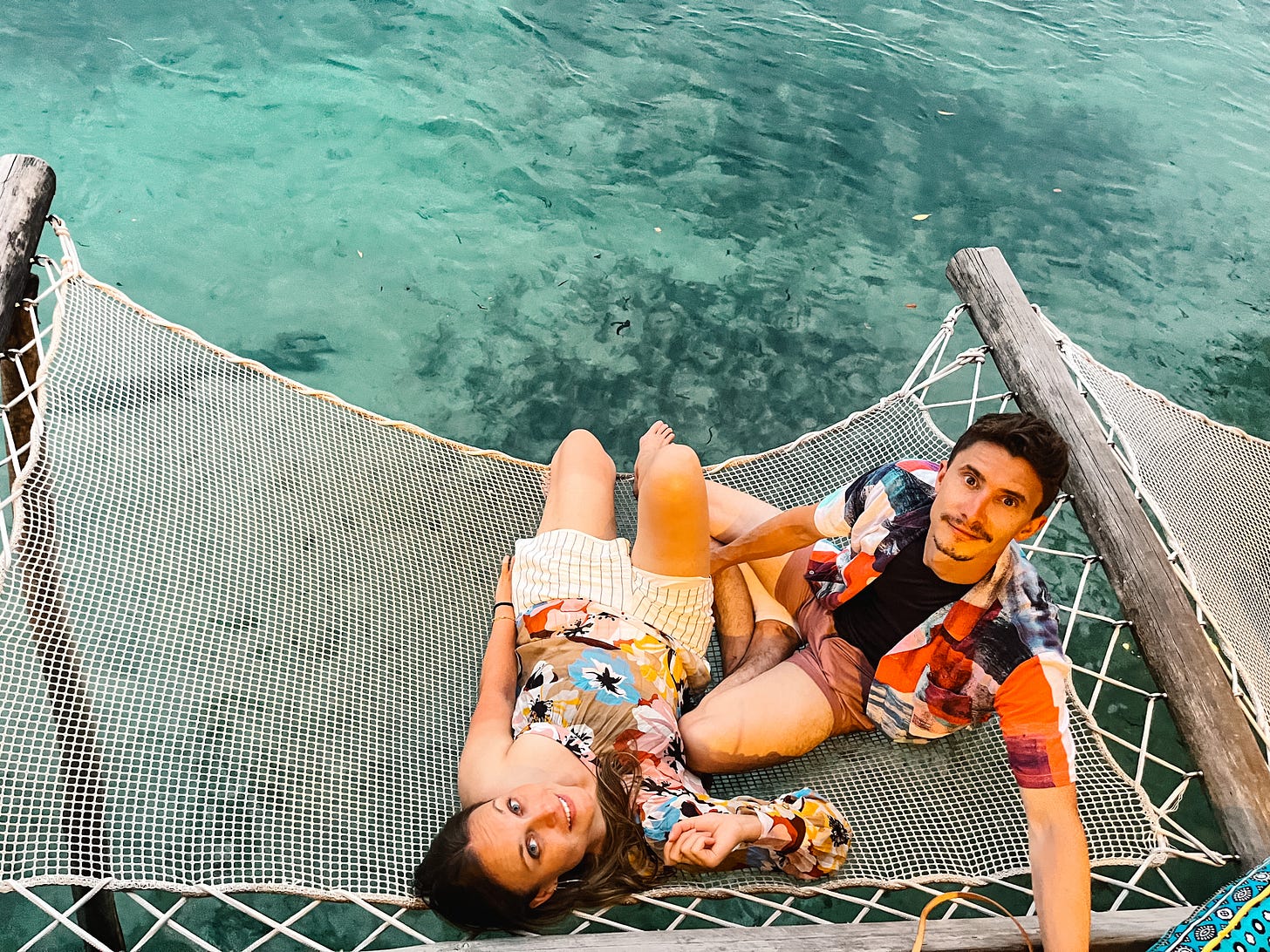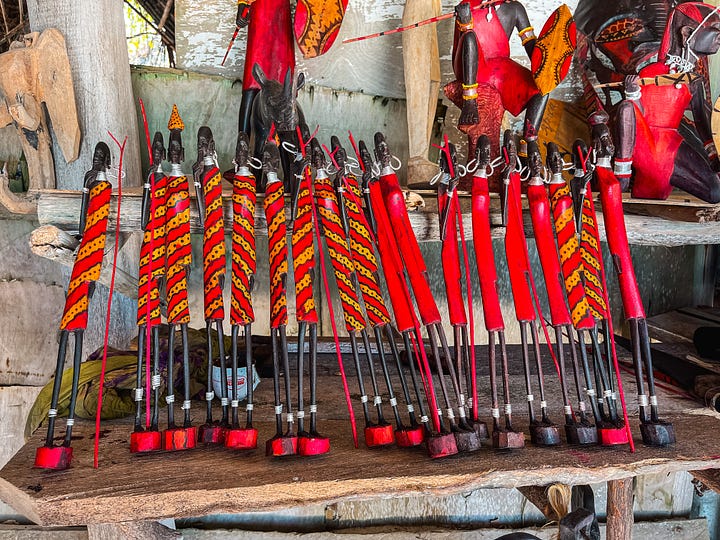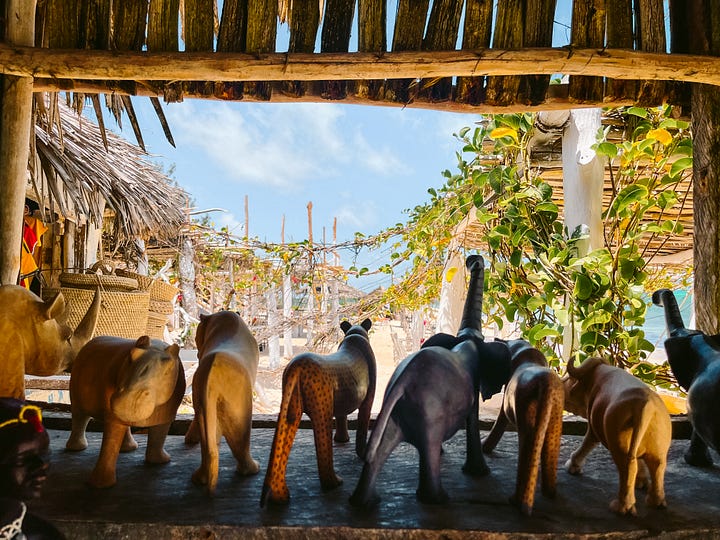What you don’t expect on the east coast of Kenya is to be greeted with a “Buongiorno signora”, or children running along the street screaming “ciao ciao!”. It takes a minute for it to sink in… Are the locals mistaking us for Italian tourists? Wait, do we smell pizza? Is that a gelato shop?! We definitely smell carbonara! We had arrived in Watamu, also known locally as “Little Italy”.
We ended up spending almost three weeks in total in Watamu, filling our bellies with pizza and enjoying the relatively empty beaches of low season. Dominik got some good kite-surfing in, and we were able to enjoy some home-cooking in our own kitchen. During those three weeks we really got to know this little slice of “paradiso”, and hear various (and sometimes contradictory) stories about how Watamu came to be a little Italy.
The Italian invasion
So apparently the history of the Italians in and around Watamu goes back to the opening of an Italian-run space centre off Kenya’s coast. A crowd of Italian nerds arrived in the 1960s, and clearly loved what they saw. Word soon spread about the pristine beaches and abundant seafood, and the community began to take shape by the 1970s. The Italians opened restaurants, hotels, and beach villas, and very soon became an integral part of the local economy. Tourism boomed in the 1980s and 1990s, until the mafia arrived on the scene. As is expected with the mafia, they were allegedly laundering money and running a rampant sex and drug trade in nearby Malindi - the classic. While the tourism industry did take a hit after that, the Italians haven’t completely stopped coming to Watamu. Most of the hotels and villas are still owned by Italians, and there are still many Italians resident full time here.
Another story that floats around is one about the Italian occupation of Kenya during World War II. The occupation was brief and apparently some Italians settled and never went home after the war. It is estimated that there were about 55,000 Italian prisoners of war in various camps around the country. Allegedly some Italians were even granted land in Watamu after the war, as a compensation for the losses they suffered. So, was Kenya the Italian equivalent of Argentina for the Germans?..
The Irish connection
Of course there’s an Irish connection. Why wouldn’t the first people to officially populate Watamu be Irish?! In 1937 the Flynn family shipwrecked around Watamu and were washed ashore on the beach at Turtle Bay. At this time Watamu was an unpopulated forest. According to legend, the family lived in their overturned boat for a number of months, before building their shack beside the sea. It’s unclear how true or false this story is, but the locals seem to be fairly convinced. The Ocean Sports Hotel, which was the first hotel built in Watamu, claims to be built on the spot where the Irish family shipwrecked.
The Watamu of today
Today you have a small local population of around 2,000 people surviving off tourism and fishing. Tens of thousands of Italians still flock here every year, making up for about 70% of tourists visiting Watamu. Children learn Italian at primary school, and it is often the second language of the local people. And for those of us who have been on the road for a while in Africa and have been craving some European cuisine, Watamu is a welcome respite.
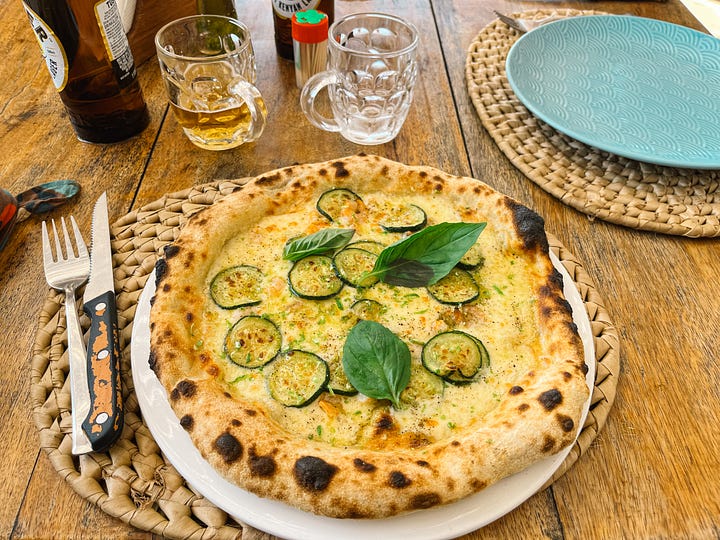
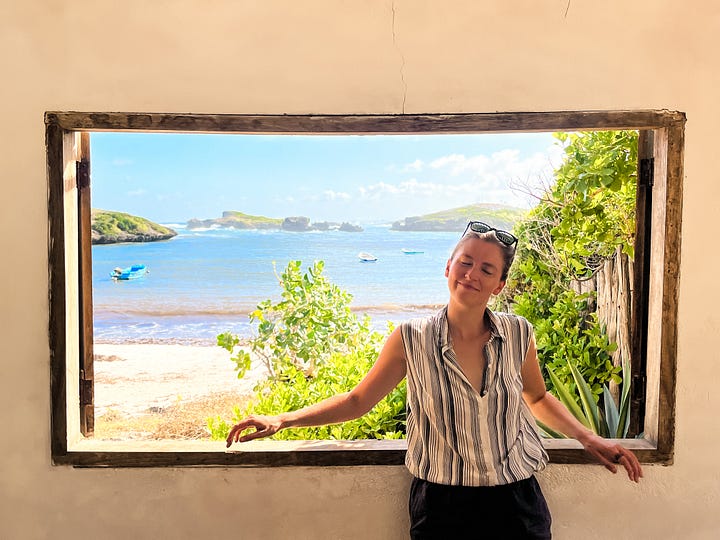
The shoreline is made up of pristine white sandy beaches (if you look beyond the plastic garbage the tide brings in every day) and various bays housing offshore coral reefs. Garoda Beach, Turtle Bay, Blue Lagoon Bay, Watamu Bay, Ocean breeze, Kanani reef and Jacaranda make up the protected area that is Watamu Marine National Park. It’s a popular destination for water sport enthusiasts, offering kitesurfing, diving, snorkeling, and windsurfing. A truly stunning place that remains quite undeveloped and natural compared to other areas along the coast.
The town itself is a few roads lined with restaurants and small businesses, and a small neighborhood of winding alleys and corrugated roofed houses. We stayed in a small apartment on “new bla bla bla road” (no joke) in the predominantly Muslim neighborhood. The locals are super friendly, and it was impossible to go anywhere without getting into conversations along the way. We made friends with a local fisherman called “Bacari”, who brought us out to the deep sea to go fishing with him one morning. Unfortunately we wasted a lot of fuel, caught no fish, and risked all of our lives in massive waves on the incoming tide, as we had to head back to shore much earlier than expected. Let’s just say that one of us was severely seasick, and it’s not the one that grew up in a landlocked country…
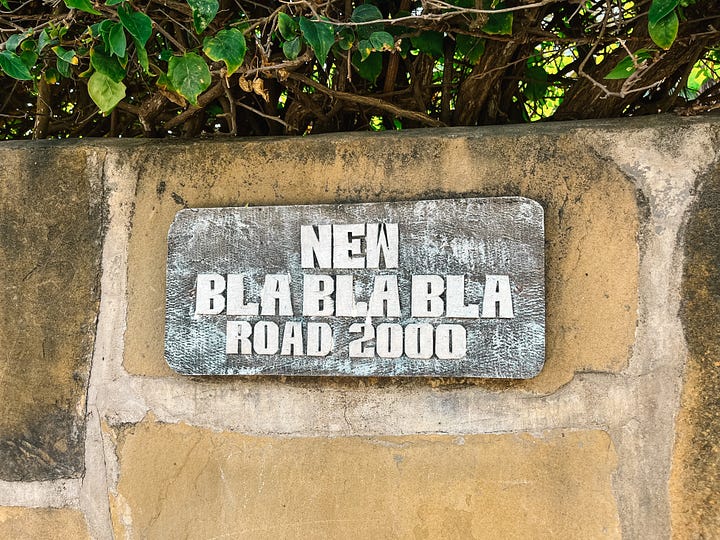
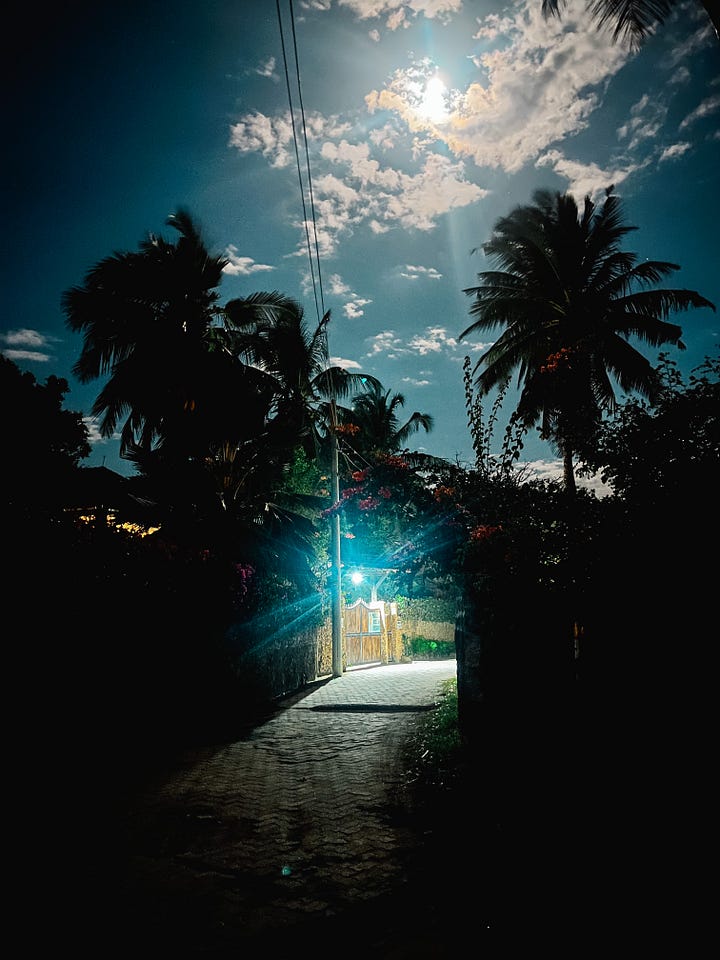
The Beach Boy business model
On all the beaches in Watamu and around you will find young men with dreadlocks and six packs, dressed really cool, and who can speak several foreign languages. They are all super friendly and chatty, and they make sure that you do not have a single second to yourself when you’re walking on the beach. It can be super annoying, sure, but if they are only annoying 9 out of every 10 people, then they probably got themselves a free lunch - or better still, a sugar momma. “I come here every morning and clean the beach. I take care of the nature and take plastic from the ocean. Won’t you give me some money to support my efforts”- that was the most common story we heard as we were rather ironically stepping our way through sand littered with plastic. Bless them though, they’ve really done their research into white people. Mind you it was probably the most innocent proposal you could get from a beach boy…
We absolutely fell in love with Watamu. We were lucky to arrive there in the middle of low season. We could imagine in high season (Dec - Feb) that it is certainly less relaxed. Thanks for reading, and enjoy some more impressions (and recommendations!) from the land of sweet people. Tamu tamu…
